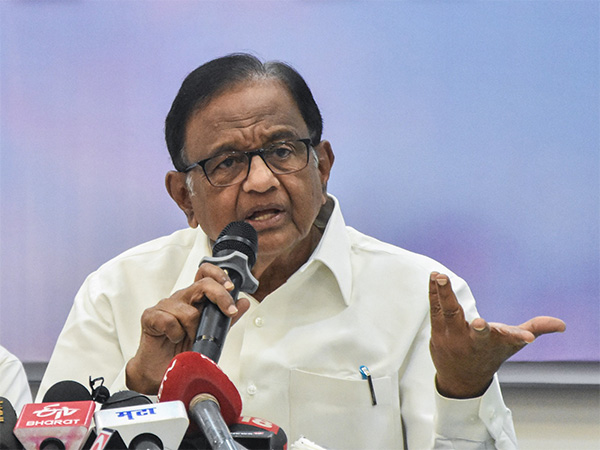Over 6 million Sri Lankans unsure of their next meal, WFP says urgently needs USD 63 mln for food aid
Jul 23, 2022

Colombo [Sri Lanka], July 23 : Over 6 million people in crisis-hit Sri Lanka, are "food insecure", according to the United Nations' World Food Programme (WFP) which says it has so far managed to secure only 30 per cent of the USD 63 million funds it has targeted to provide 3 million people in the country to receive emergency food, nutrition, and school meals until December this year.
Country Director of United Nations WFP Sri Lanka, Abdur Rahim Siddiqui told ANI that "according to the initial findings about 6.3 million people are food insecure."
He said that the country's economy is currently facing its worst food crisis since its independence and the staggering inflation is expected to rise in the next couple of months.
"Sri Lanka is facing its severe food crisis since its independence. The food inflation rate is more than 80 per cent as of June and the trend is likely to be on the rise in the coming months," Siddiqui said.
The WFP Country Director pointed out that food security is about all people having access to a nutritious diet at all times.
"According to a study, about one-fourth of the population, that is around 5.3 million people, are adopting what we called food-based copying mechanism that means either they are reducing their the size of their meals or skipping meals or they are giving preferences to younger members of their families."
Highlighting the need of the hour amid the food crisis in Sri Lanka, he noted that WFP needs USD 63 million now until the end of 2022 however, it has managed to secure only 30 per cent of the funding.
"It is quite important that WFP needs adequate funding from the development partners so that we will able to implement our plan that we are looking forward to," he said.
"As we all are aware of the Russia-Ukraine war has prolonged the food emergency for the world," Siddiqui said that the war in Eastern Europe could be one of the reasons and urged the international community to draw their attention to the current food crisis in Sri Lanka.
Some 6.26 million Sri Lankans, or three in 10 households, are unsure of where their next meal is coming from, according to the latest food insecurity assessment from WFP this month.
In the wake of record food price inflation, skyrocketing fuel costs and widespread commodity shortages, some 61 per cent of households are regularly using coping strategies to cut down on costs, such as reducing the amount they eat and consuming increasingly less nutritious meals.
The UN food relief agency anticipates that even more people will turn to these coping strategies as the crisis deepens. "These days, we don't have a proper meal but eat only rice and gravy," one woman told WFP.
WFP is warning that a lack of nutrition has grave consequences for pregnant women, putting both their own and their children's health at risk, UN News reported.
"Pregnant mothers need to eat nutritious meals every day, but the poorest find it harder and harder to afford the basics," WFP Deputy Regional Director for Asia and the Pacific Anthea Webb said last month.
She told a local television station that by skipping meals, pregnant women were putting themselves and their children's health at risk in a way that "carries throughout your life".
Meanwhile, the WFP said that it will start cash distributions in the districts of Galle, Nuwara Eliya, and Mullaitivu in early August.



















